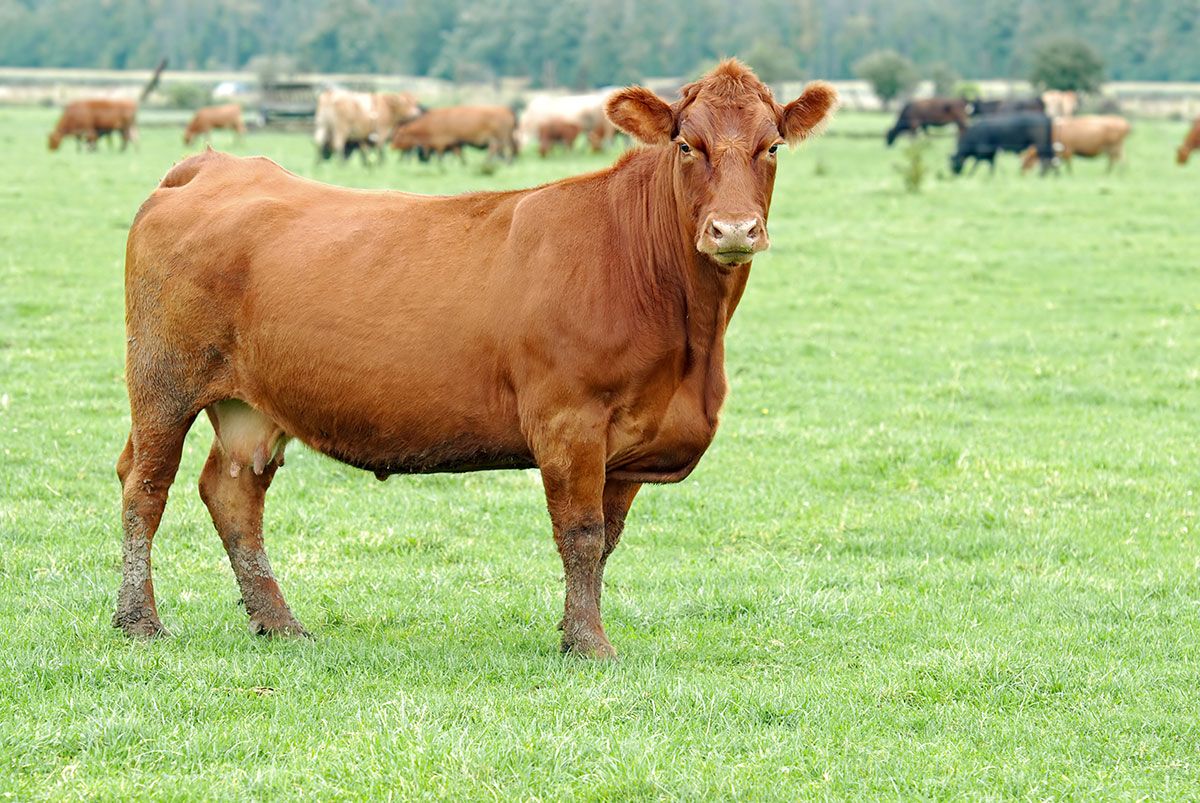Agricultural Exemptions
You’ve heard the term Agricultural Exemption, or what’s commonly referred to as an “Ag Exemption,” but did you know that it’s not really an exemption at all? It’s a familiar term used to explain the Central Appraisal District’s (CAD) appraised value of the land based on its productivity. Here’s another interesting fact: Just because the property was deemed ag exempt before you purchased it, doesn’t mean the designation automatically carries over.
What is an Agricultural Exemption in Texas?
Texas ag exemptions can provide substantial tax savings for property owners. However, the rules and regulations associated with the designation can be complicated to navigate. To make matters worse, each county has its own standards.
If you’re considering whether to buy or sell an ag exempt property, having a knowledgeable broker who understands the process is critical.
From timber and bees to cattle and crops, Dripping Springs Elite Real Estate Professionals can guide you through the complex paperwork, programs and processes required to ensure you receive a correct tax designation.
Our agents have vast experience dealing with many of the following qualifying factors:
- Farming or ranching for the purpose of raising agricultural products for sale
- Timber production (including contract logging)
- Feedlot operation
- Commercial fish farm operations
- Bee keeping
- Custom harvesting
- Crop dusting
- Growing plants for sale in a commercial nursery
- A veterinary business that makes farm or ranch calls
- Teaching an agricultural vocational course

Learn More About Ag Exemptions
To learn more about ag exemptions in Texas, visit Texas Comptroller Online. Additional information on ag-related exemptions can be found on our wildlife exemption page.
